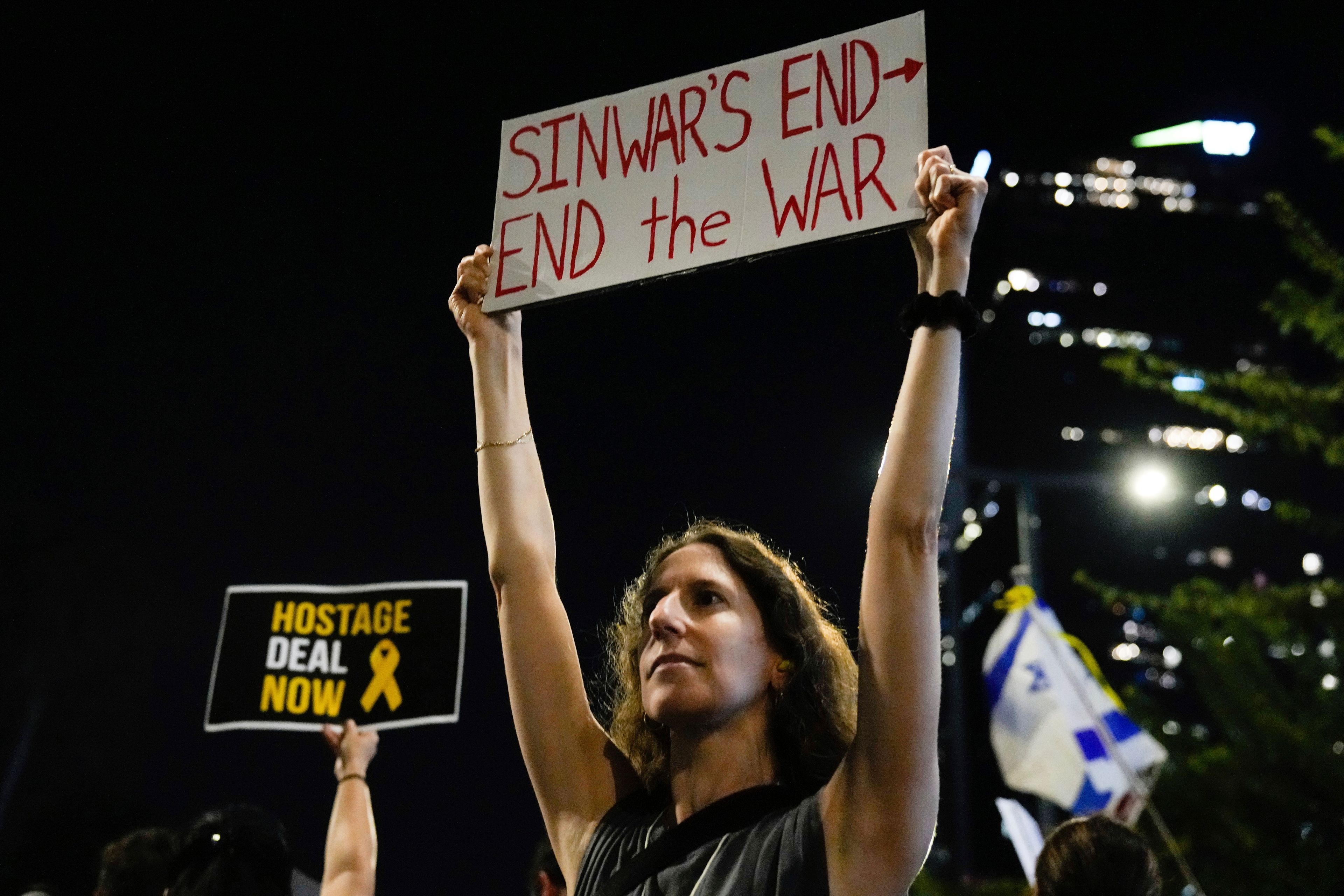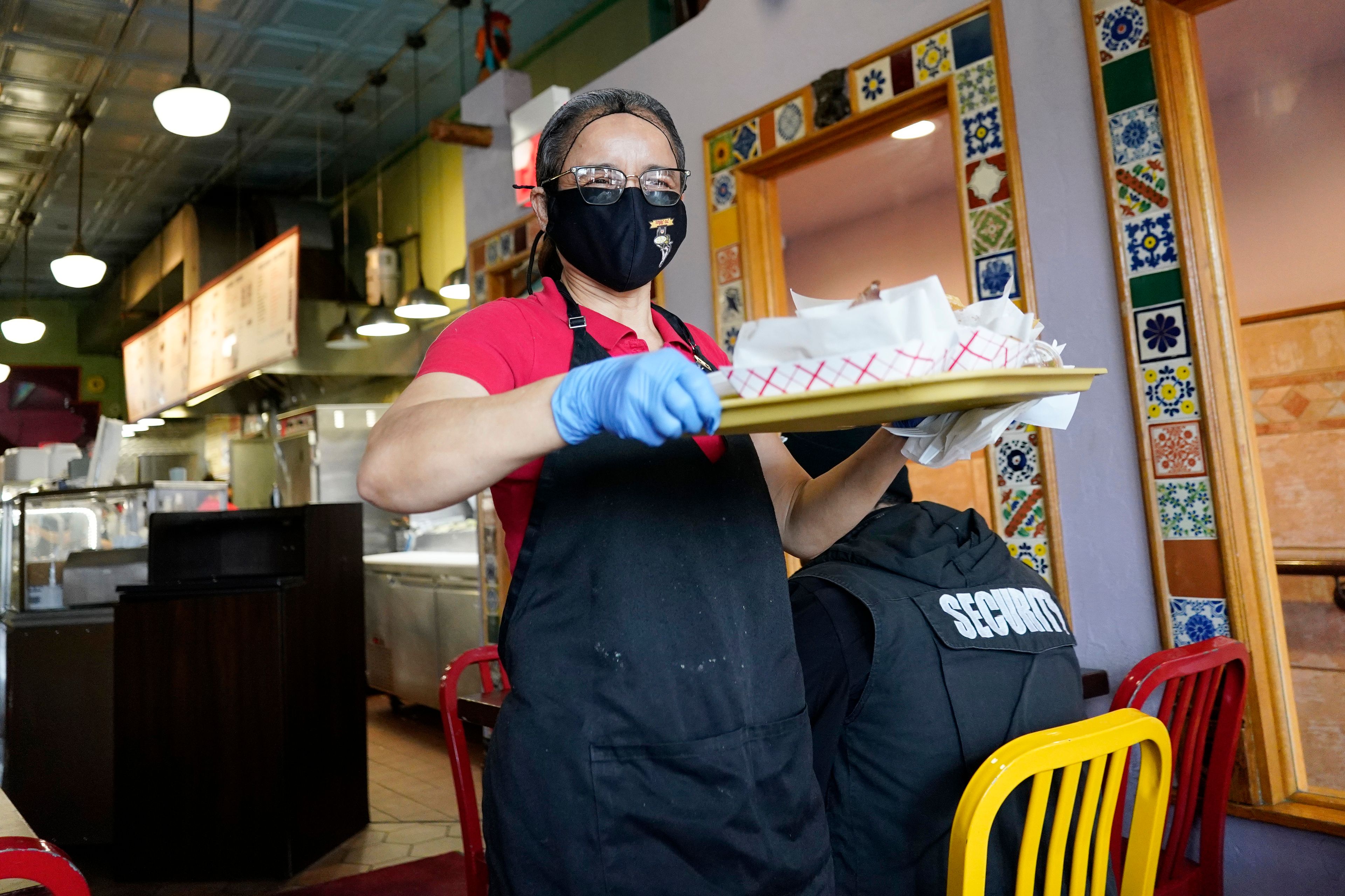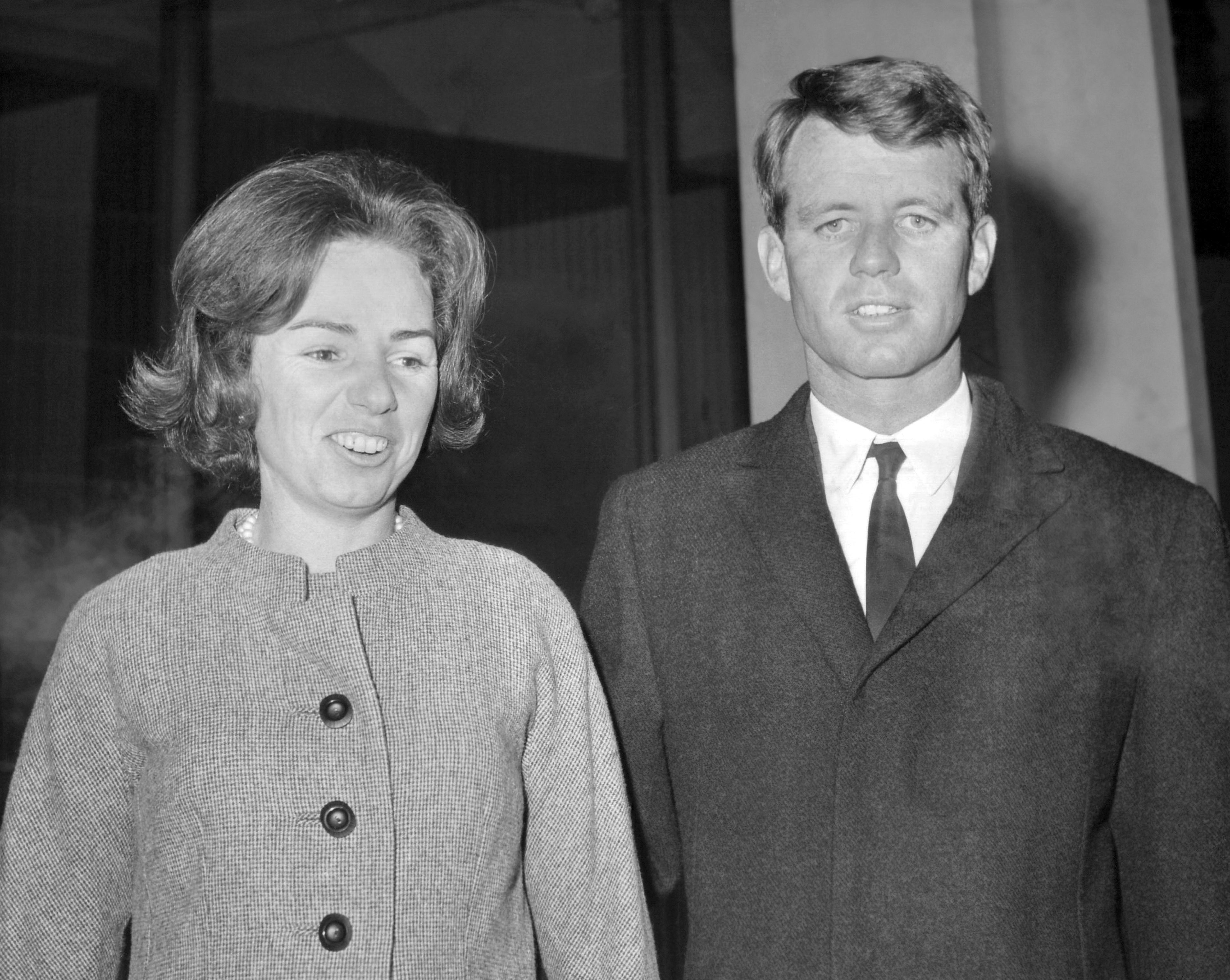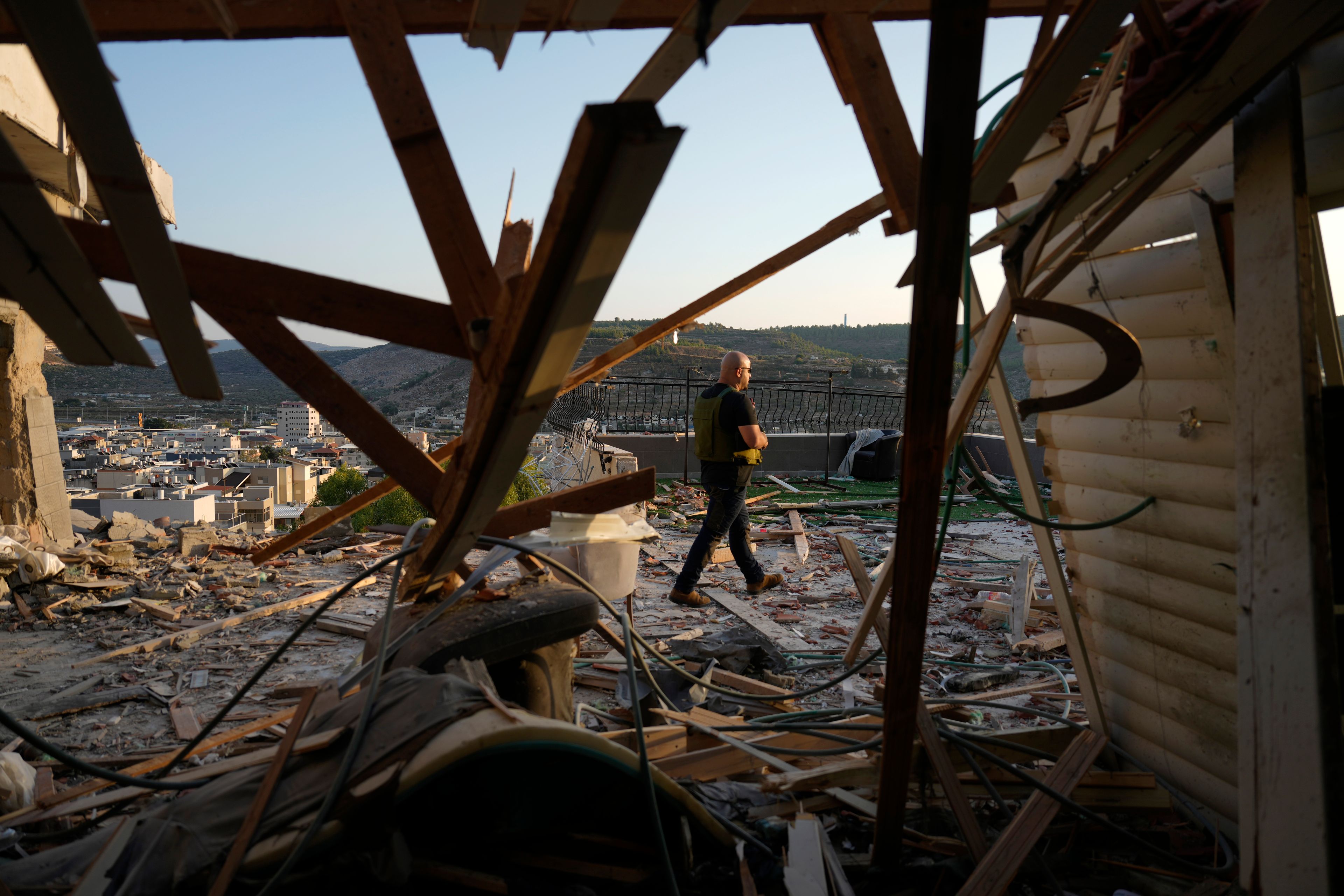An urban renewal reform bill continued its tortured journey Thursday, earning just enough votes to make it out of committee to the House floor for possible amendments.
The measure represents months of work by a bipartisan interim committee. It addresses an issue that's been the focus of intense interest and criticism in recent years.
The legislation has been rewritten and modified several times since November. The House Revenue and Taxation Committee held a 90-minute hearing Thursday on the latest version of the bill. It provides an option for electing urban renewal board members, places limits on the type of projects that can be financed with tax increment revenues without a public vote, and clarifies that the base property value in a revenue allocation area must be reset if the redevelopment plan is modified.
Rep. Rick Youngblood, R-Nampa, said the proposal tries to provide greater transparency and accountability in the way urban renewal agencies operate.
“During all of the meetings (of the Urban Renewal Interim Committee), the general consensus was always that urban renewal is one of the best economic development tools our communities have – if used correctly,” Youngblood said.
Concerns have been raised across the state about urban renewal districts that never sunset, or agencies that spend tax increment money on public buildings and other projects that don't increase the taxable property values.
“I've always been a believer that urban renewal is a good thing if done right,” said House Majority Leader Mike Moyle, R-Star. “But I also believe they ought to pick a project, finish it and dissolve, pick another project, finish it and dissolve. Instead, we have this phenomena where they never go away. They're like a rash you can't get rid of.”
The language clarifying when base values must be reset is modified is one way to address this issue. Essentially, a reset would be required except when a revenue allocation area expands or decreases in size, or when the plan is amended “to support growth in an existing commercial or industrial project.”
Ryan Armbruster, representing the Redevelopment Association of Idaho, said that language was a problem for the association's 40 urban renewal district members. He noted that the interim committee initially allowed districts to take advantage of “unanticipated new economic development activities” without requiring a base reset, but that language was removed.
“That exception, along with the other exceptions in the bill, gives urban renewal agencies the ability to respond to unforeseen economic opportunities – opportunities that could be lost if they trigger a reset,” he said.
Historically, plan amendments never required a base reset. However, that appears to be due to an incorrect interpretation of state statutes. The State Tax Commission now agrees that, under current law, a reset is required except when expanding a revenue allocation area boundaries.
Consequently, Armbruster and others wanted a grandfather clause added to the reform bill, essentially providing amnesty for any past plan amendments.
The committee voted 9-7 to send the bill to the amending order, specifically to address that concern.
Sen. Dan Johnson, R-Lewiston, thought that would alleviate enough of the concerns with the bill to ensure its passage.
“I think if this bill doesn't pass, it will cause problems,” he said. “There's a conflict in the interpretation of the statute” which could lead to lawsuits if it's not addressed.
Rep. Dan Rudolph, D-Lewiston, voted to send the bill to the amending order.
“It was that or the bill was dead,” he said. “It needs to move forward. Nobody's against (urban renewal), but cities want flexibility in how they use it. The issue is how to make it so it's not totally rigid, but not a blank check (for the districts to do anything).”








